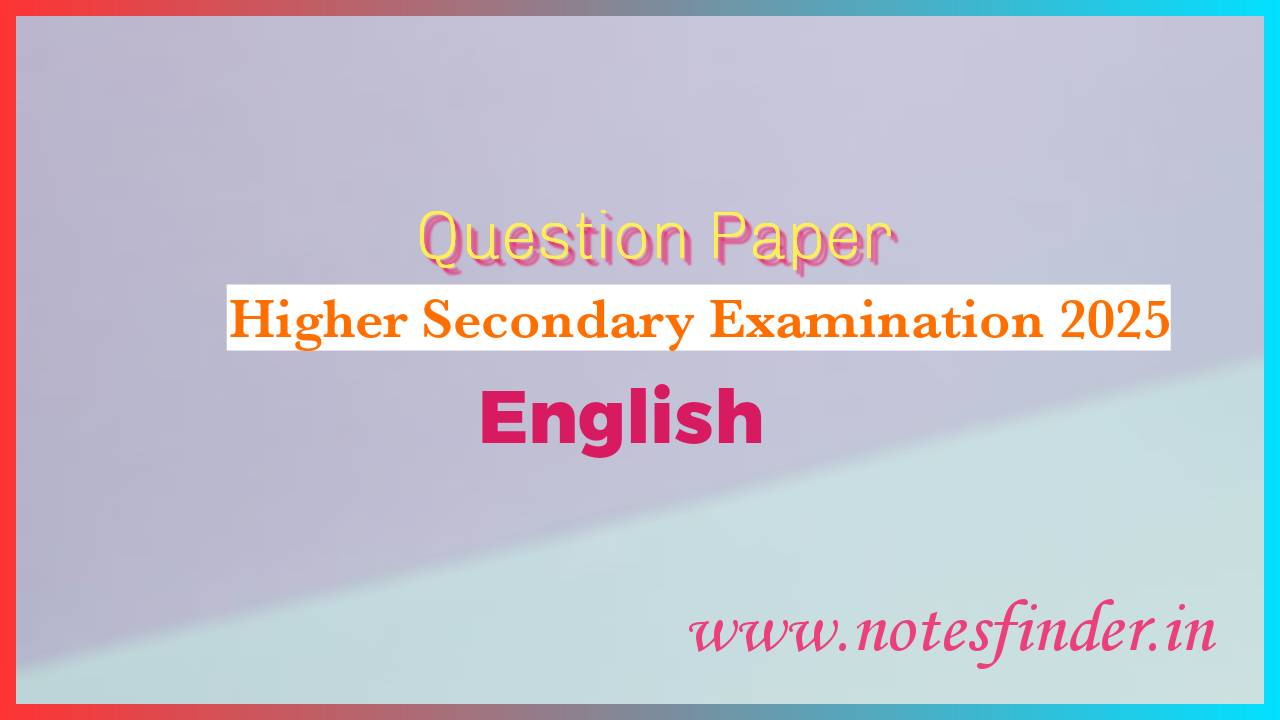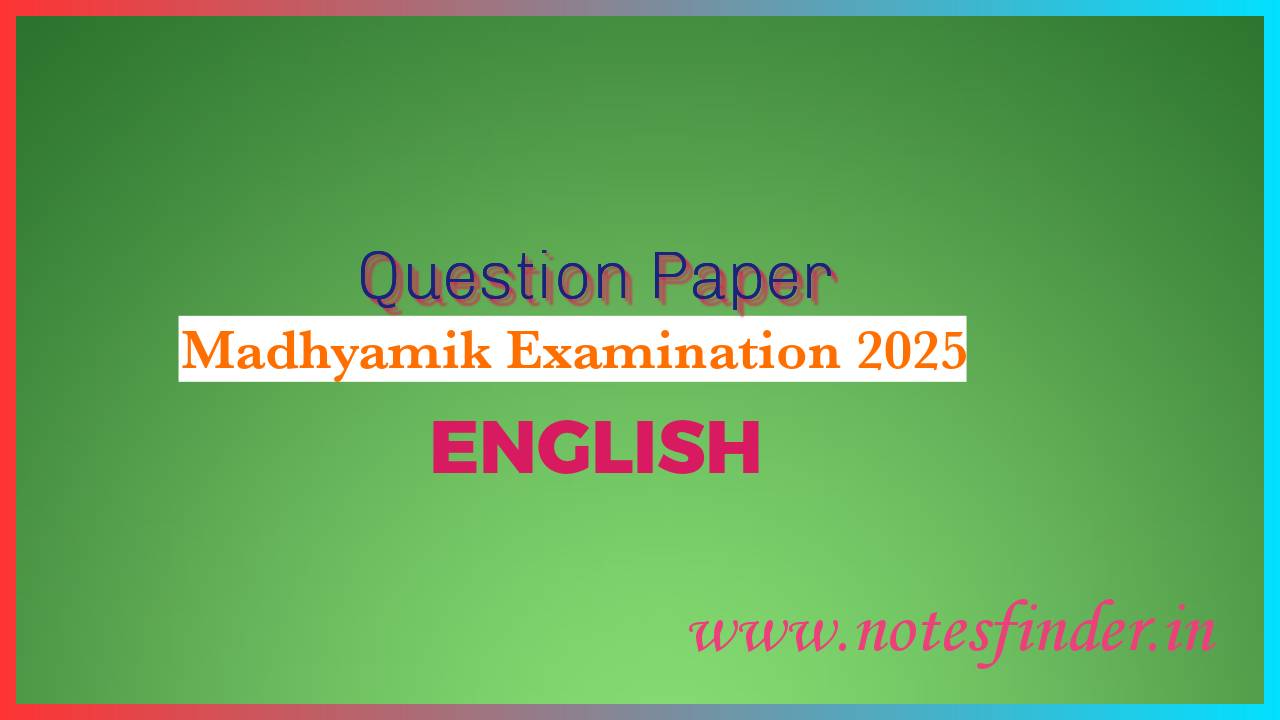1. Where did the Swami announce he would go with the pilgrims?
A) Achhabal
B) Islamabad
C) Amarnath
D) Pahlgam
Answer: C) Amarnath
2. What was the primary feeling within the little party regarding the Swami’s decision?
A) Disappointment
B) Anxiety
C) Delighted congratulation
D) Indifference
Answer: C) Delighted congratulation
3. What did the pilgrims leave behind in the field before dawn?
A) Trash
B) Ashes of their cooking-fires
C) Tents
D) Nothing
Answer: B) Ashes of their cooking-fires
4. What did the pilgrims carry with them on their journey?
A) A guidebook
B) A map
C) A bazaar
D) A flag
Answer: C) A bazaar
5. Where was the tent of the Tehsildar generally placed?
A) Near the entrance of the camp
B) Near some advantageous spot for the evening fire
C) In the middle of the camp
D) By the river
Answer: B) Near some advantageous spot for the evening fire
6. What did the more learned monks talk about with the Swami?
A) The world about them
B) Siva
C) Politics
D) Foreign cultures
Answer: B) Siva
7. What did the monks remonstrate with the Swami about?
A) His attire
B) His love for Mohammedanism
C) His silence
D) His diet
Answer: B) His love for Mohammedanism
8. Who were the Tehsildar and many officers of the pilgrimage?
A) Hindus
B) Foreigners
C) Mussulmans
D) Buddhists
Answer: C) Mussulmans
9. Where did the party catch up with the pilgrimage?
A) Pahlgam
B) Pawan
C) Islamabad
D) Achhabal
Answer: B) Pawan
10. What was Pahlgam famous for?
A) Holy springs
B) Marketplaces
C) Shepherds
D) Temples
Answer: C) Shepherds
11. Where did the final march begin?
A) Islamabad
B) Achhabal
C) Pahlgam
D) Pawan
Answer: C) Pahlgam
12. What type of scenery did the party experience on their way to the cave?
A) Deserts
B) Pine-woods and snow-peaks
C) Urban landscapes
D) Coastal views
Answer: B) Pine-woods and snow-peaks
13. Where did the party pitch their tents on the second night?
A) Beside a frozen river
B) Near a holy spring
C) On a grassy knoll
D) By a mountain stream
Answer: A) Beside a frozen river
14. What was used for the campfire at greater heights?
A) Pinewood
B) Oakwood
C) Juniper
D) Maplewood
Answer: C) Juniper
15. What was the pathway like towards the end of the journey?
A) Smooth and wide
B) Rough and narrow goat-paths
C) Paved and clear
D) Overgrown and indistinct
Answer: B) Rough and narrow goat-paths
16. What did the Swami observe upon entering the Cave?
A) A temple
B) An altar
C) The great ice-lingam
D) A waterfall
Answer: C) The great ice-lingam
17. What did the Swami receive from Siva according to his belief?
A) Immortality
B) Wealth
C) Knowledge
D) Strength
Answer: A) Immortality
18. What were tied on the wrists on the great day of Rakhibandhan?
A) Silver bracelets
B) Red and yellow threads
C) Gold chains
D) Silk ribbons
Answer: B) Red and yellow threads
19. What did the Swami feel about the Cave of Amarnath?
A) It was unimpressive
B) It was the most beautiful place he had ever been to
C) It was frightening
D) It was disappointing
Answer: B) It was the most beautiful place he had ever been to
20. How did the Swami describe the discovery of the Cave?
A) By explorers
B) By accident
C) By shepherds searching for their flocks
D) By royal decree
Answer: C) By shepherds searching for their flocks
21. What did the Swami keep as a cherished memory for the rest of his life?
A) The scenic views of the mountains
B) Entering a mountain-cave and meeting the Lord
C) The companionship of the pilgrims
D) The journey itself
Answer: B) Entering a mountain-cave and meeting the Lord
22. What was the Swami’s reaction upon seeing the ice-lingam?
A) Indifference
B) Overwhelmed with emotion
C) Fear
D) Excitement
Answer: B) Overwhelmed with emotion
23. How did the Swami’s principles impact his interactions with the monks?
A) He ignored them
B) He made practical concessions to express his love for the brethren
C) He argued aggressively
D) He avoided discussions
Answer: B) He made practical concessions to express his love for the brethren
24. What did the Swami do after entering the Cave and prostrating?
A) Sang hymns
B) Silently withdrew
C) Spoke to the pilgrims
D) Lit a fire
Answer: B) Silently withdrew
25. What prevented the monks from understanding the Swami’s viewpoint?
A) Their lack of education
B) Their other-worldliness
C) Their indifference
D) Their arrogance
Answer: B) Their other-worldliness
26. What event culminates the pilgrimage?
A) The lighting of a great campfire
B) The great day of Rakhibandhan
C) A communal feast
D) A group prayer
Answer: B) The great day of Rakhibandhan
27. What did the Swami think of distinctions between Swades and bidesh?
A) They were important
B) They were unnecessary
C) They were clear-cut
D) They were cultural
Answer: B) They were unnecessary
28. What was a notable feature of the pilgrimage campsites?
A) Disorganization
B) Instinctive organization
C) Lack of facilities
D) Permanent structures
Answer: B) Instinctive organization
29. How did the pilgrims’ campsites appear after they left?
A) Clean and undisturbed
B) Littered with trash
C) Damaged and ruined
D) Full of leftover tents
Answer: A) Clean and undisturbed
30. What sentiment did the foreign mind find amusing about the pilgrimage?
A) The Swami’s interaction with the monks
B) The lack of objection to Mussulmans entering the Cave
C) The speed of setting up the camps
D) The simplicity of the rituals
Answer: B) The lack of objection to Mussulmans entering the Cave
31. Where did the open-air meal take place when the Swami made his announcement?
A) Islamabad
B) Pahlgam
C) Mogul Gardens at Achhabal
D) Amarnath
Answer: C) Mogul Gardens at Achhabal
32. Who did the Swami decide to take with him on the pilgrimage?
A) His son
B) His wife
C) His daughter
D) His disciple
Answer: C) His daughter
33. What is Pawan famous for?
A) Its mountain views
B) Its markets
C) Its holy springs
D) Its historical monuments
Answer: C) Its holy springs
34. What is Pahlgam referred to as?
A) The village of the holy springs
B) The village of the shepherds
C) The village of the pilgrims
D) The village of the merchants
Answer: B) The village of the shepherds
35. Why did the camp halt at Pahlgam for a day?
A) To rest
B) To keep ekadasi
C) To visit a temple
D) To resupply
Answer: B) To keep ekadasi
36. How is the ravine at Pahlgam described?
A) Covered with snow
B) Filled with lush vegetation
C) Floored with sandy islands in the pebble-worn bed of a mountain stream
D) Barren and dry
Answer: C) Floored with sandy islands in the pebble-worn bed of a mountain stream
37. What type of trees are mentioned as covering the slopes around Pahlgam?
A) Oak trees
B) Pine trees
C) Birch trees
D) Maple trees
Answer: B) Pine trees
38. What was seen over the mountain at sunset?
A) A full moon
B) The sun setting
C) The moon, not yet full
D) A rainbow
Answer: C) The moon, not yet full
39. To what scenery is Pahlgam compared?
A) The beaches of the Caribbean
B) The deserts of Sahara
C) The scenery of Switzerland or Norway at their gentlest and loveliest
D) The forests of the Amazon
Answer: C) The scenery of Switzerland or Norway at their gentlest and loveliest
40. What were the last human dwellings seen at Pahlgam?
A) A market
B) A village square
C) A bridge, a farm house with ploughed fields, and a few saeter-huts
D) A monastery
Answer: C) A bridge, a farm house with ploughed fields, and a few saeter-huts
41. When Swami entered the Cave, it seemed to him, as if-
(a) he was a secluded part of this world
(b) his soul is alienated from his body
(c) he saw Shiva
(d) he saw the incarnation of Kali
Answer: (c) he saw Shiva
42. Amarnath is remarkable for its-
(a) simplicity
(b) closeness to nature
(c) Both (a) and(b)
(d) None of these
Answer: (c) Both (a) and(b)
43. The prose piece ‘Amarnath’ is written by-
(a) Swami Vivekananda
(b) Sister Nivedita
(c) R K Narayan
(d) W. B. Yeats
Answer: (b) Sister Nivedita
44. The type of the text ‘Amarnath’ is-
(a) short story
(b) novel
(c) essay
(d) travelogue
Answer: (d) travelogue
45. Amarnath is situated in—
(a) Jammu and Kashmir
(b) Himachal Pradesh
(c) Uttar Pradesh
(d) Uttarakhand
Answer: (a) Jammu and Kashmir
46. The monks during their conversation with Swamiji argued about the clash between religions in-
(a) Bengal
(b) Punjab
(c) Kashmir
(d) Delhi
Answer: (b) Punjab
47. Mogul Gardens are situated at/in-
(a) Kathua
(b) Achhabal
(c) Doda
(d) Pahlgam
Answer: (b) Achhabal
48. The pilgrimage reached its climax on the great day of-
(a) x-mas
(b) Durgapuja
(c) Dussera
(d) Rakhibandhan
Answer: (d) Rakhibandhan
49. On the great day of Rakhibandhan they had their meals-
(a) in an inn
(b) beside the frozen lake
(c) on some high boulders
(d) on a dry river-bed
Answer: (c) on some high boulders
50. Swamiji suddenly announced that he was desirous to go to-
(a) Mogul Gardens
(b) Achhabal
(c) Dal Lake
(d) Amarnath
Answer: (d) Amarnath



